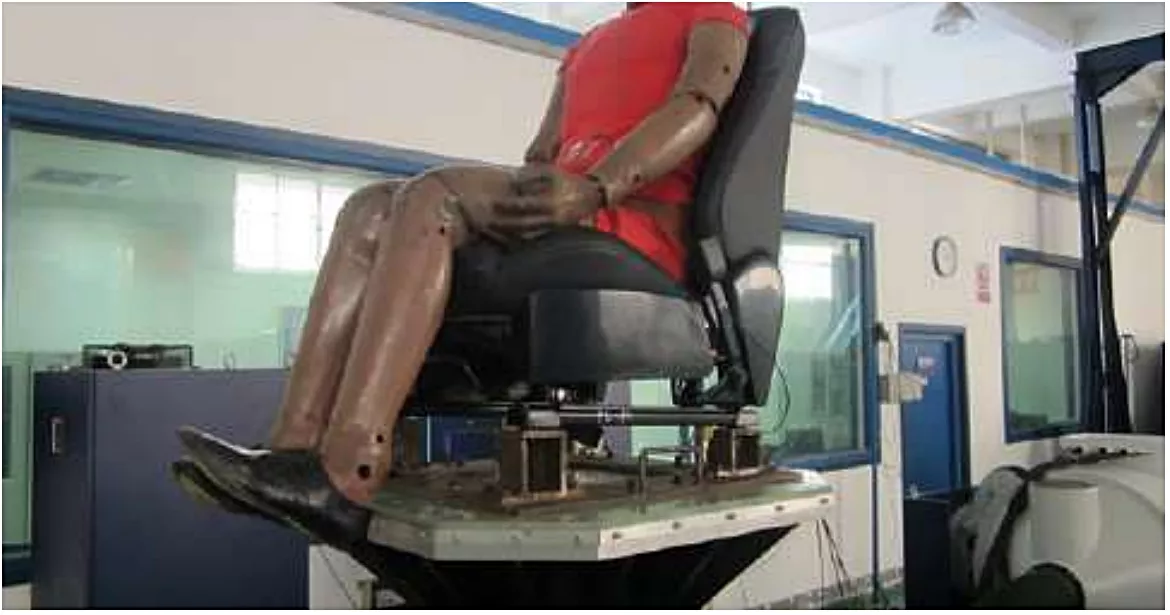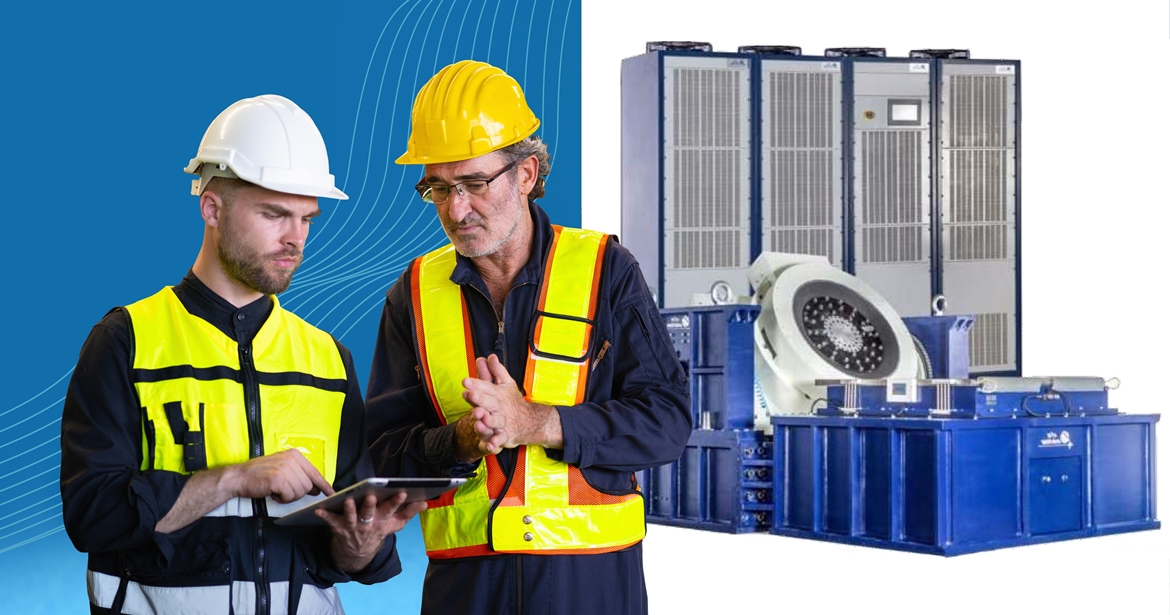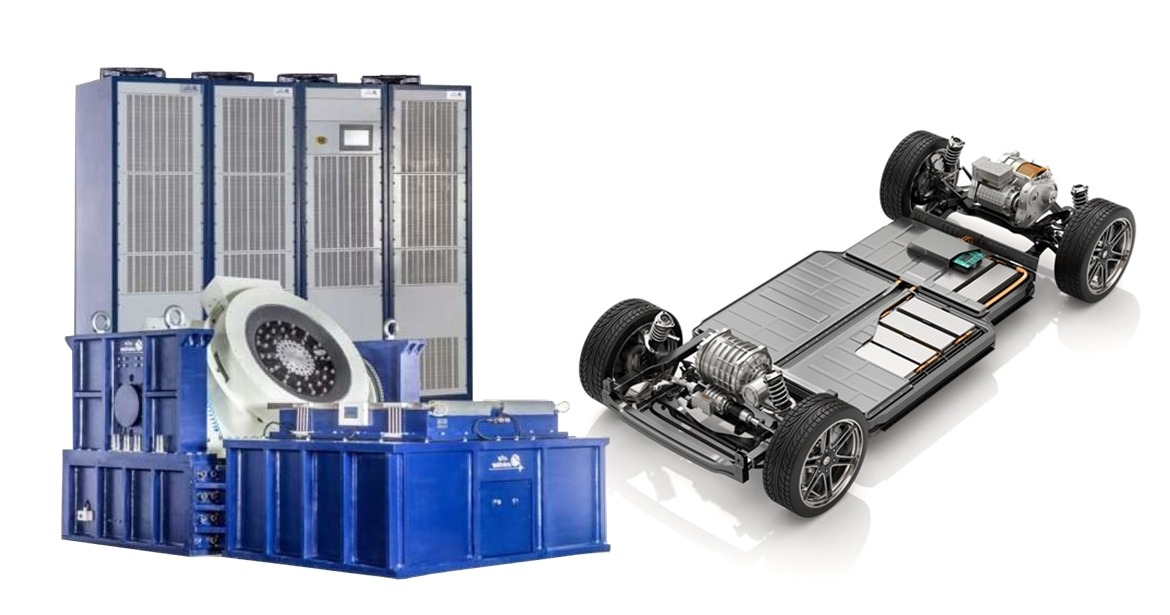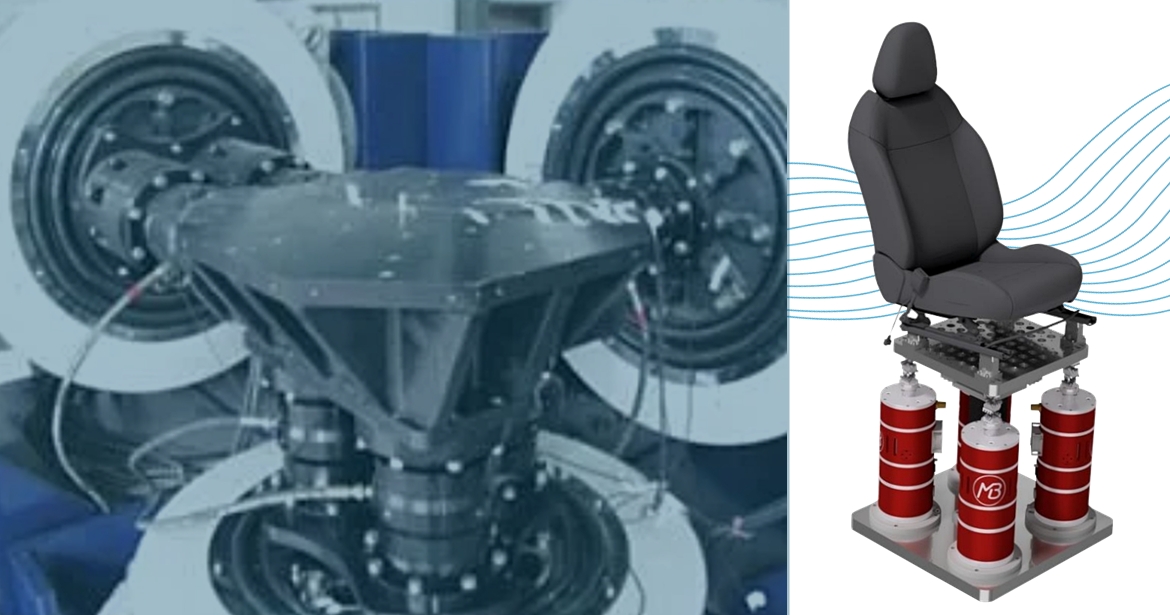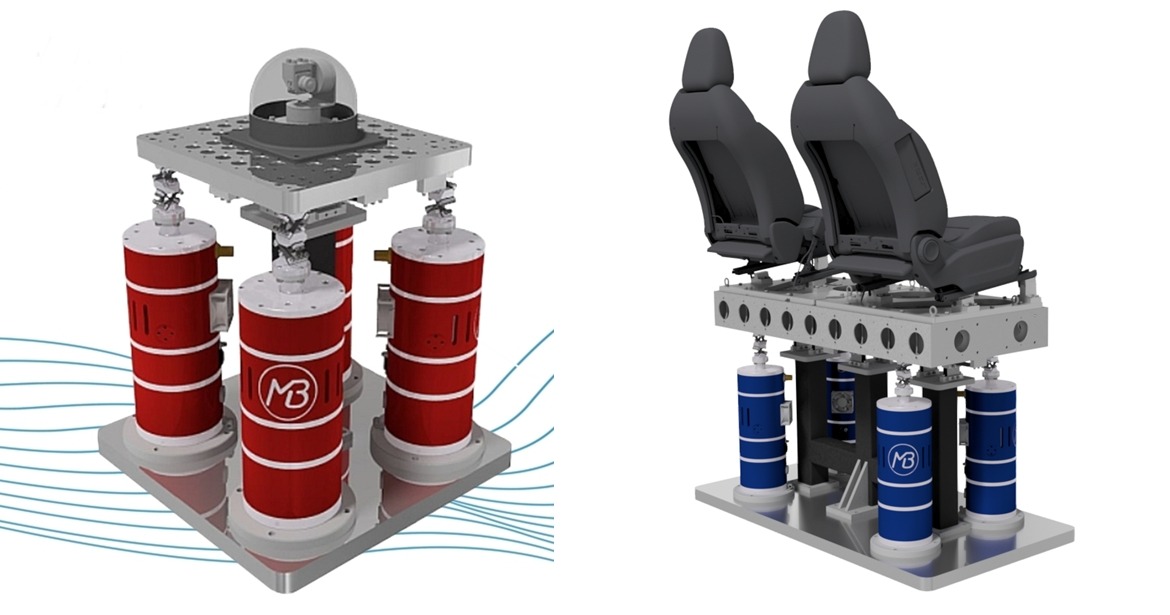The Importance of Choosing the Right Vibration Shaker
A vibration shaker system simulates the vibrational forces a product may encounter during its lifecycle. Choosing the correct machine ensures accurate testing, improved efficiency, and compliance with testing protocols.
Key components of a vibration testing system include:
- The Shaker: Generates the required vibrations.
- The Amplifier: Powers the shaker.
- The Control System: Defines vibration profiles, frequency, and amplitude.
- Fixtures and Sensors: Secure and monitor the test specimen.
Factors to Consider When Choosing a Vibration Shaker
1. Frequency Range
Different industries require varying vibration frequencies to simulate real-world conditions:
- Automotive Industry: Frequencies typically range from 5 Hz to 2,000 Hz, simulating rough roads and engine vibrations.
- Aerospace Industry: Requires a broader range, from 5 Hz to 3,000 Hz, to simulate turbulence and engine noise.
- Electronics Industry: Focuses on higher frequencies, often between 20 Hz and 2,500 Hz, for small, delicate components.
2. Force Rating (lbf/kgf)
The force rating defines the maximum force a shaker can apply to a test specimen. Requirements depend on the size and weight of the product:
- Automotive: Larger components, such as engines, may need up to 30,000 lbf (133 kN) or more.
- Aerospace: Critical systems like avionics may require forces of up to 50,000 lbf (222 kN).
- Electronics: Smaller components typically need 500 to 2,000 lbf (2 to 8.9 kN) with precise displacement control.
3. Type of Shaker: Mechanical vs. Electrodynamic
- Mechanical Shakers: Best for low-frequency tests, commonly used in automotive endurance testing for larger components.
- Electrodynamic Shakers: Handle a wide range of frequencies and amplitudes, offering greater precision for aerospace and electronics testing. These shakers can generate both sine wave and random vibrations, making them ideal for complex testing environments.
4. Compatibility with Test Environments
Industries such as aerospace may require cleanroom conditions to avoid contamination. Additionally, some sectors, like electronics and defence, may demand combined vibration and temperature or humidity testing.
5. Compliance with Testing Standards
Ensure your system meets the relevant industry standards for certification:
- Automotive: Standards such as ISO 16750 and IEC 60068.
- Aerospace: Guidelines including RTCA DO-160 and MIL-STD-810G.
- Electronics: Standards like IEC 60068 for vibration and shock testing.
6. System Flexibility
A flexible vibration shaker can accommodate a variety of tests, reducing the need for multiple machines. Accessories such as slip tables for horizontal testing, head expanders for larger specimens, and environmental chambers for temperature-controlled testing enhance versatility.
Industry Applications: Real-World Examples
-
Automotive
A major automaker used an ETS Solutions vibration test machine to simulate engine vibrations over a vehicle’s lifespan. High-force electrodynamic shakers helped reduce warranty claims by 20%, enhancing customer satisfaction. -
Aerospace
An aerospace manufacturer tested satellite components using an ETS Solutions shaker within a frequency range of 10 Hz to 2,000 Hz, ensuring compliance with MIL-STD-810G. -
Electronics
A leading smartphone manufacturer employed vibration testing to identify design weaknesses, resulting in a 15% reduction in product returns.
The Future of Vibration Testing Systems
The global vibration testing equipment market is projected to reach $900 million by 2025, growing at a CAGR of 6.5% from 2021. As demand for advanced testing solutions rises, selecting the right vibration shaker becomes increasingly critical.
At CentraTEQ, we offer a comprehensive range of ETS Solutions vibration testing systems, tailored to meet the specific needs of industries. Our expert team is ready to help you find the ideal solution to ensure your products meet the highest standards of reliability and performance.
Visit the CentraTEQ Ltd website for more information on How to choose the right Vibration Shaker System

